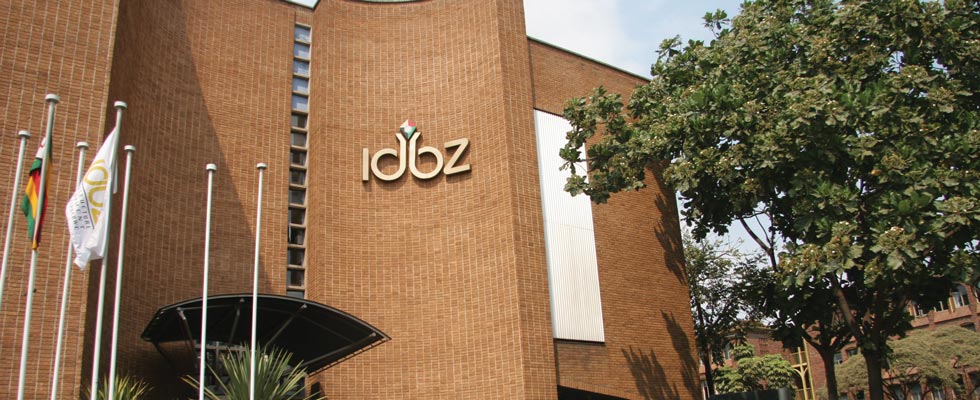The Infrastructure and Development Bank of Zimbabwe (IDBZ) has opened investigations into one of its former senior managers, Mr. Suckson Muswe, over allegations of inflating costs in a multi-million-dollar student hostel project in Bulawayo. The alleged scam, according to sources, may have cost the state-owned bank millions of dollars and is now attracting criminal charges.
Muswe, who was previously known as Suckson Makwasha, was a key figure in the construction of the new Bulawayo student accommodation facility. The project, valued at about US$17.5 million, was supposed to ease Zimbabwe’s acute student housing shortage. However, investigators now believe the project was used as a channel for financial misconduct.
Sources close to the probe alleged that Muswe exploited his powerful position in the bank’s procurement process to inflate the prices of building materials and services. It is suspected that he worked with subcontractors who submitted exaggerated invoices, which were later paid by the bank. The difference from the inflated costs is believed to have been diverted for his personal benefit.
Preliminary findings further suggest that the alleged proceeds were used by Muswe to amass wealth through real estate. Reports indicate he may have acquired at least 28 properties spread across Harare, Bulawayo, Gwanda and even outside Zimbabwe in South Africa.
Confirming the matter, the bank’s chief communications officer, Mrs. Priscillah Zvobgo, told journalists that investigations were ongoing but insisted the institution would not release further information at this stage. “Due to an ongoing investigation, the bank is unable to release any additional information at this time,” she said.
The Bulawayo student accommodation project was commissioned late last year by President Emmerson Mnangagwa. It was considered a flagship project under Zimbabwe’s push to improve higher education infrastructure. The facility was built through a special purpose vehicle, Zimcampus Properties Private Limited, created by IDBZ to own and operate the complex.
To finance the project, IDBZ attracted several big investors. These included Old Mutual Life Assurance Company Zimbabwe Limited, Zimnat, and the Motor Industry Pension Fund. IDBZ itself deliberately reduced its shareholding to 7.67 percent so it could free resources for other similar projects. According to the share structure, Old Mutual controls 49.37 percent, Zimnat holds 23.52 percent, and the Motor Industry Pension Fund owns 19.44 percent. The Public Service Commission Pension Fund also contributed about US$1.8 million through Old Mutual.
The alleged fraud has therefore raised concerns among investors and stakeholders about how such a well-structured project could be abused. The development has also put a spotlight on accountability in public-private partnerships that are central to Zimbabwe’s National Development Strategy.
Criminal charges have now been filed against Muswe, while IDBZ says it is co-operating fully with law enforcement authorities to establish the total financial damage. Observers note that the case is particularly sensitive because it involves a project launched by the President himself, and one meant to directly improve the lives of students in Bulawayo.
Analysts in Harare believe the scandal, if confirmed, may affect investor confidence in state-led infrastructure projects. They argue that while IDBZ has been one of the main drivers of housing, energy, and transport projects across the country, issues of corporate governance and transparency remain a challenge. The bank, however, insists that the ongoing probe is evidence that it is serious about enforcing integrity and protecting public funds.
Students and education groups in Bulawayo have also expressed concern. Many say accommodation remains one of the biggest problems facing learners in universities and colleges, and projects such as the one spearheaded by IDBZ should not be tainted by corruption. A student leader, who spoke on condition of anonymity, said young people want more hostels, not scandals.
The final outcome of the investigation will determine whether Muswe faces full trial and conviction. For now, the matter remains under probe as authorities continue to track properties and assets allegedly linked to him.
